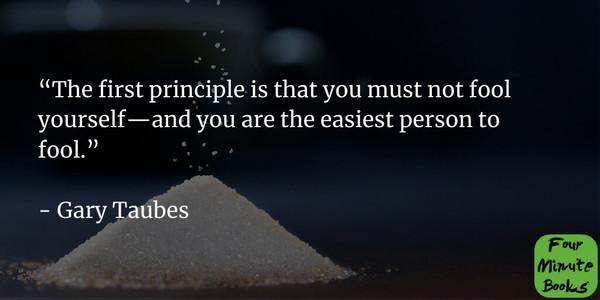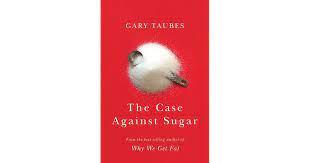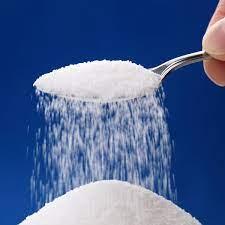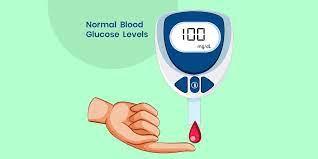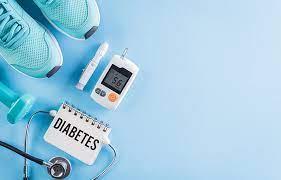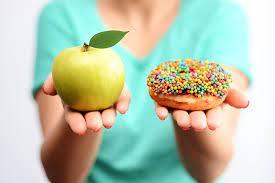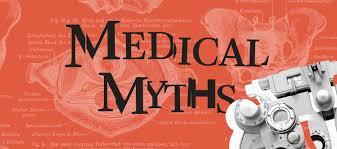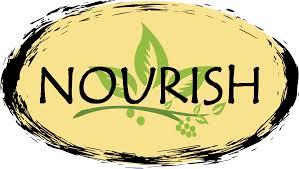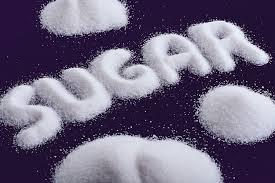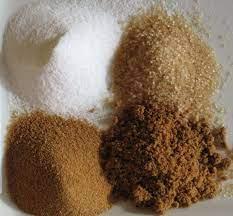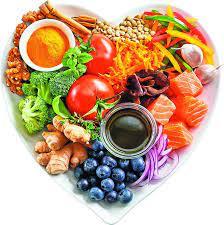Explore the World's Best Ideas
Join today and uncover 100+ curated journeys from 50+ topics. Unlock access to our mobile app with extensive features.
The Case Against Sugar Summary
The Case Against Sugar advocates against the use of sugar in the food industry and offers a critical look at how this harmful substance took over the world under the eyes of our highest institutions, who are very well aware of its toxicity but choose to remain silent.
12
215 reads
Sugar History
Originally from New Guinea, people used to see sugar as a luxury item. Only privileged people, such as the King of Spain, had access to it. Soon enough, it became the vastly commercialized product we know today due to the switch from sugarcane to sugar beet, which made it cheaper to harvest and transport.
From a social status symbol to an everyday supermarket item, sugar made its way around the world. It became the popular substance we know today due to its versatility. People use it for a large variety of dishes. You can use it in both sweet and salty plates, as well as beverages.
10
130 reads
Book Overview
The Case Against Sugar dives deep into the controversy of this substance we love, even though it makes us addicted and more prone to developing diseases. The book also advocates against ingesting this sweetener by teaching us a series of valuable lessons about sugar.
Among them, here are my three favorite ones:
- Among the different types of calories, the ones from sugar are the worst for your health.
- The link between sugar consumption and diseases like diabetes is solid.
- The sugar industry is constantly working to project a false image of sugar and cover its harmful effects.
10
109 reads
Lesson 1: Calories that originate from sugar are detrimental to your health.
A misconception is that calories are all the same, no matter their origin. That it is how much we consume that matters most. Once these assumptions became widely spread, the sugar industry profited from them, advertising that three tablespoons of sugar have fewer calories than an apple.
Common sense and intuition tell us that this cannot be true. You’ve heard of the phrase ‘’Listen to your gut!’’ in your life, and this is exactly what you should do. Scientists have later discovered that when we eat sugar, our body produces insulin and thus stores fat cells instead of turning them into energy.
10
94 reads
Moreover, our blood glucose rises when we ingest sugar, making us feel agitated and unsettled as our insulin goes up. Eventually, things go back to normal when the insulin levels drop. Keep in mind that you can find glucose not only in the refined sugar you see on the shelves. It’s also in carbohydrates.
Therefore, eating meals that are high in carbs will spike up your blood glucose levels as well. Be aware of the macronutrients that make up the foods you eat to avoid ingesting too much of a substance, such as sugar, which can harm you. Also, remember that not all calories are created equal.
9
102 reads
Lesson 2: Sugar is linked to a series of illnesses, especially diabetes.
Many studies point out the risks associated with eating sugar by highlighting the link between its consumption and Western diseases, including cancer. So it’s no secret that this substance is not suitable for you, but it wasn’t always like that.
People only began to acknowledge its harmful effects after 1960, when an increased percentage of people developing heart diseases signaled a concerning phenomenon. Until then, they blamed saturated fats, although this was a biased assumption.
Therefore, people developed a sugar culture, and fatal diseases started to shorten their lives.
9
67 reads
Let’s take the example of Tokelau, an island located off the coast of New Zealand. In 1968, they were granted permission to emigrate to their nearby state.
Their normal diet consisted of 50% fat and roughly eight pounds of sugar per year. 3 percent of the men were diabetic at this point.
By 1982, sugar consumption increased to 55 pounds per year. Then, 11% of the men had diabetes, and others started developing new diseases.
In 2014, they had the highest rate of diabetes in the world — 38%. Once they moved to a sugary diet, the rate of severe diseases started to increase among the population.
9
80 reads
Lesson 3: Don’t believe everything you hear about sugar — the industry worked hard to keep a clean image of it.
Sugar is commonly linked to diabetes, weight gain, and a series of Western diseases. But it wasn’t always like that. At first, sugar was advertised as being healthy, refreshing, and full of benefits. In fact, the Sugar Institute, created in 1928, was even part of a campaign that promoted it as healthy food!
By 1950, the obesity rate in the United States began to increase drastically. At the same time, the theory that “a calorie is a calorie’’ emerged. False! Although two foods can have the same value in calories, they don’t have the same nutritional value.
9
73 reads
You can eat 100kcal of sugar and have your blood glucose levels spike, or the same amount in spinach, for example, and nourish your body through this gut-supporting food. Therefore, this theory is part of a marketing effort to make sugar look like something it’s not. Keep this aspect in mind next time you go shopping for groceries!
9
90 reads
As time passed by, the detrimental effects of sugar started to become popularized, and artificial sweeteners took off. The sugar industry reported them to the FDA to ban them. At last, they managed to get cyclamate, a component from artificial sweeteners, removed from the approved list, although the substance was dangerous only in substantial doses.
9
75 reads
The Case Against Sugar Review
The Case Against Sugar is a valuable read for all of us who care about our health, as it emphasizes some of the most critical aspects regarding sugar consumption. The author educates the readers on the diseases related to sugar ingestion and how to avoid the marketing traps that the industry sets for the consumers. This popular substance is a common ingredient in our foods, so knowing its effects on our body and how to avoid it should be a universal concern.
9
54 reads
Who would I recommend The Case Against Sugar to?
The food-conscious person who wants to adopt a healthier diet, the nutritionist that wants to learn more about the implications of sugar and its history to educate audiences, or someone who wants to lose a few pounds by cutting off unhealthy foods.
9
76 reads
Book Quotes
“Sugar does induce the same responses in the region of the brain known as the “reward center”—technically, the nucleus accumbens—as do nicotine, cocaine, heroin, and alcohol. Addiction”
-Gary Taubes, The Case Against Sugar
“Rats given sweetened water in experiments find it significantly more pleasurable than cocaine, even when they’re addicted to the latter, and more than heroin as well (although the rats find this choice more difficult to make). Addict”
-Gary Taubes, The Case Against Sugar
11
78 reads
IDEAS CURATED BY
CURATOR'S NOTE
The Case Against Sugar Summary
“
Tom Joad's ideas are part of this journey:
Learn more about food with this collection
How to showcase your skills and experience
How to answer common interview questions
How to make a good first impression
Related collections
Similar ideas
3 ideas
5 ideas
4 ideas
Read & Learn
20x Faster
without
deepstash
with
deepstash
with
deepstash
Personalized microlearning
—
100+ Learning Journeys
—
Access to 200,000+ ideas
—
Access to the mobile app
—
Unlimited idea saving
—
—
Unlimited history
—
—
Unlimited listening to ideas
—
—
Downloading & offline access
—
—
Supercharge your mind with one idea per day
Enter your email and spend 1 minute every day to learn something new.
I agree to receive email updates
